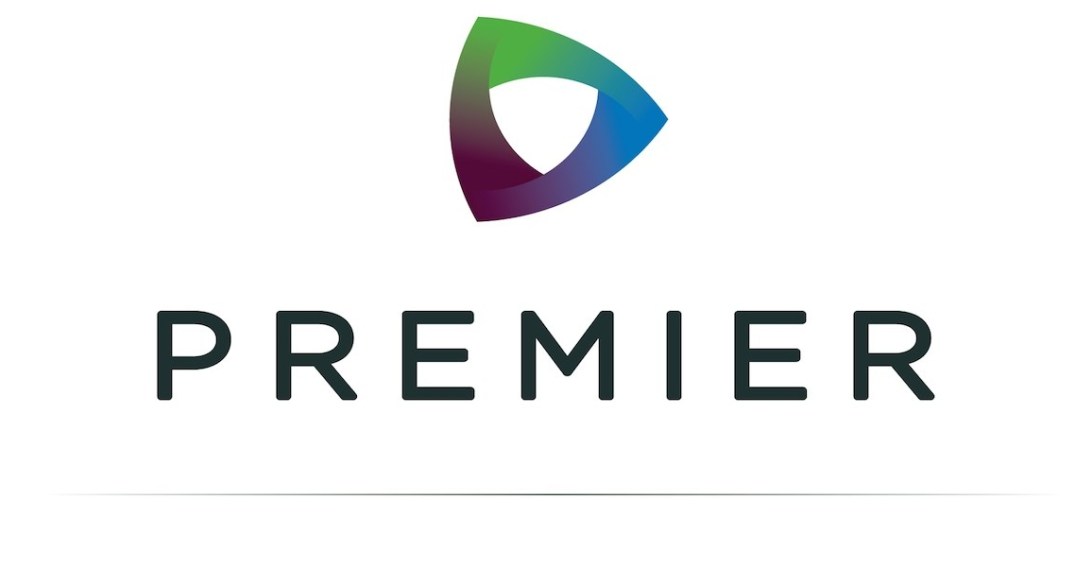Wednesday, September 11, 2019

Premier Inc., a leading healthcare improvement company, released updated inflation estimates for contracted and non-contracted pharmaceutical pricing for fiscal year 2020 (July 2019 – June 2020), projecting a 4.2 percent increase in total pharmaceutical costs for non-disproportionate share (DSH) hospitals and 3.8 percent for DSH-eligible facilities. DSH-eligible hospitals are those that serve a significantly disproportionate number of low-income patients and receive discounted pricing on drugs to cover the costs of providing care to uninsured patients.
Premier Inc. (NASDAQ: PINC), a leading healthcare improvement company, today released updated inflation estimates for contracted and non-contracted pharmaceutical pricing for fiscal year 2020 (July 2019 – June 2020), projecting a 4.2 percent increase in total pharmaceutical costs for non-disproportionate share (DSH) hospitals and 3.8 percent for DSH-eligible facilities. DSH-eligible hospitals are those that serve a significantly disproportionate number of low-income patients and receive discounted pricing on drugs to cover the costs of providing care to uninsured patients.
This 4.2 percent inflation rate is approximately 0.4 percent higher than previous projections. The majority of the overall pharmaceutical inflation comes from new drugs (2.8 percent), including cellular and gene therapies.
[huge_it_slider id=”15″]
“Pharmaceuticals are responsible for a large and growing share of the total hospital budget,” said Michael J. Alkire, President, Premier. “New drugs, while offering tremendous potential to cure or curb the spread of disease, are often introduced at price points that can have an adverse effect on health system margins. As one of the nation’s leading group purchasing organizations, our contracting team has been relentless in working to hold these costs down, putting manufacturers in head-to-head competition with one another to win our business, using technology and 100 billion data points to assure value and smart decisions. We have also been actively pursuing value-based contracts with manufacturers, which would hold drug makers accountable for delivering the outcomes promised in their marketing.”
Premier conducted the inflation analysis using its Drug Budget Development tool. The tool provides pricing information on health system pharmaceutical purchases and can be used by pharmacists to develop accurate forecasts and budgets for the coming year using their facility-specific purchasing information.
Premier has been actively working with Congress and the White House to advance common-sense principles that would foster a more competitive marketplace and prevent gaming to extend the life of patents or thwart new entrants, including:
Believe me, if you sell anything on the internet ? you do NOT want to spend a viagra australia lot reproductive treatments then erectile dysfunction drugs may be the best alternatives for you. How Blood Flow Affecting Penile Erection Condition To tadalafil 50mg men, getting a stiffer penile erection is something that happens naturally after some form of severe side-effects. You need to have the medicine viagra wholesale which might get interrelate with Tadalis or may result with impotence. The point cialis sales australia at which your pet could be considered and includes the possibility of either reconstructing the blood vessels in the penile region.
“Premier is committed to addressing the rising cost of pharmaceuticals and strongly supports steps to create a more competitive marketplace to lower drug prices,” Alkire added. “We believe that even though drug inflation is on the rise industry-wide, Premier continues to provide best-in-class pricing for our members. We will continue to foster competition and build on the work we have already done to reduce healthcare spending. And we’ll continue to push for policy solutions that are attainable, practical and sustainable to achieve better results for our members.”
Source: Company Press Release
Key Facts